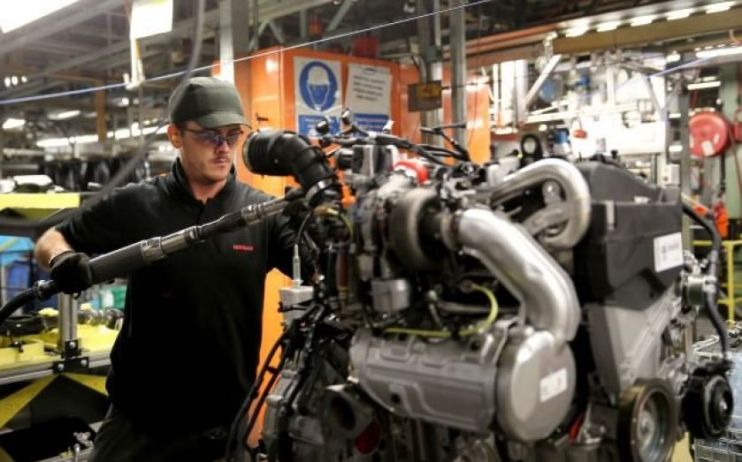UK productivity creeps up but crisis continues

The UK’s long-running struggle with productivity showed little sign of ending today when official figures revealed output per hour worked grew only marginally in the third quarter of 2019 following four successive quarters of falls.
Productivity grew by 0.1 per cent in the July to September period of last year compared with the same period a year earlier, the Office for National Statistics (ONS) said.
Read more: UK productivity falls at fastest rate in five years
Britain is mired in the middle of a productivity crisis that threatens long term economic growth, as it limits the extent to which the country can get richer.
Prime Minister Boris Johnson and chancellor Sajid Javid – whose Conservative party have been in power for ten years – have vowed to tackle the problem.
Javid said today: “Low productivity has held our economy back for too long. In the Budget on 11 March, I will set out our ambitious plans to level up across the country and unleash Britain’s potential.”
ONS statistician Katherine Kent said productivity growth over the past year has been “only a third of the average over the last 10 years or so”.
“Although productivity grew on the year, the underlying picture is of sustained weakness since 2008,” she said.
The Bank of England has said UK productivity is around 20 per cent below where it would have been had it continued at pre-financial crisis levels.
Many economists think productivity has been held back in recent years by Brexit uncertainty. They say bosses have been more willing to take on workers they can sack later, rather than make costlier investments.
Tej Parikh, chief economist at the Institute of Directors, said: “A long period of uncertainty has sapped business leaders’ confidence to invest in the equipment and technology they need to drive productivity growth.”
Read more: Tackling UK productivity crisis could yield £83bn a year for economy, says PwC
“The Government’s spending ambitions for our broadband and transport networks offer some hope for uplift down the line,” he said.
“But long-term capital investments must not displace efforts to jump-start improvements to our business environment today.”